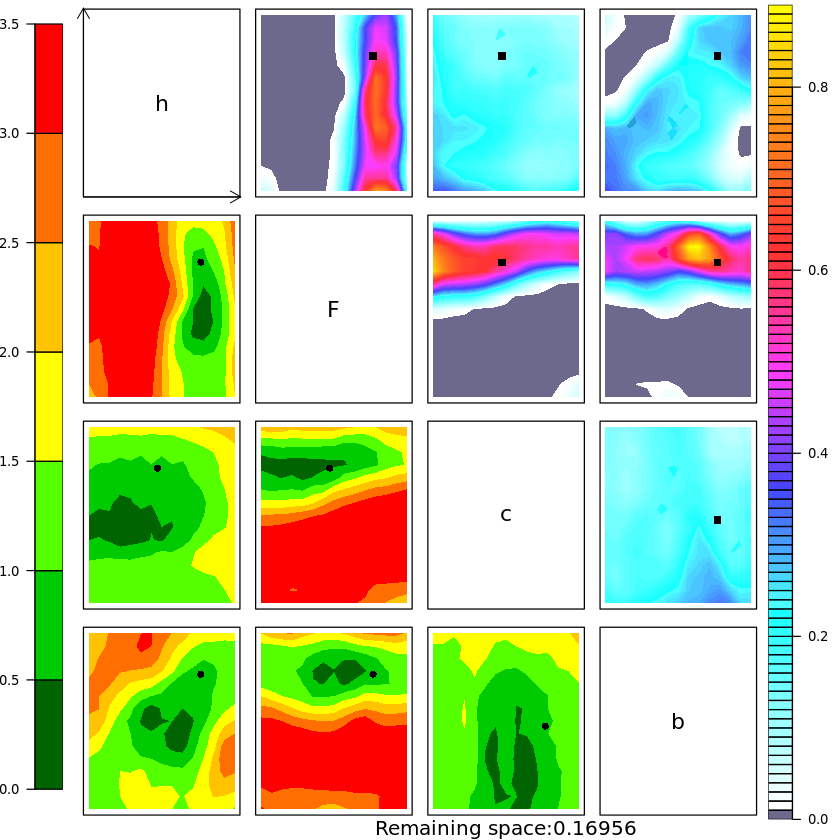Semi-automatic tuning of coupled climate models with multiple intrinsic timescales: lessons learned from the Lorenz96 model
The objective of this study is to evaluate the potential for History Matching (HM) to tune a climate system with multi-scale dynamics. By considering a toy climate model, namely, the two-scale Lorenz96 model and producing experiments in perfect-model setting, we explore in detail how several built-in choices need to be carefully tested. We also demonstrate the importance of introducing physical expertise in the range of parameters, a priori to running HM. Finally we revisit a classical procedure in climate model tuning, that consists of tuning the slow and fast components separately. By doing so in the Lorenz96 model, we illustrate the non-uniqueness of plausible parameters and highlight the specificity of metrics emerging from the coupling. This paper contributes also to bridging the communities of uncertainty quantification, machine learning and climate modeling, by making connections between the terms used by each community for the same concept and presenting promising collaboration avenues that would benefit climate modeling research.
PDF Abstract
